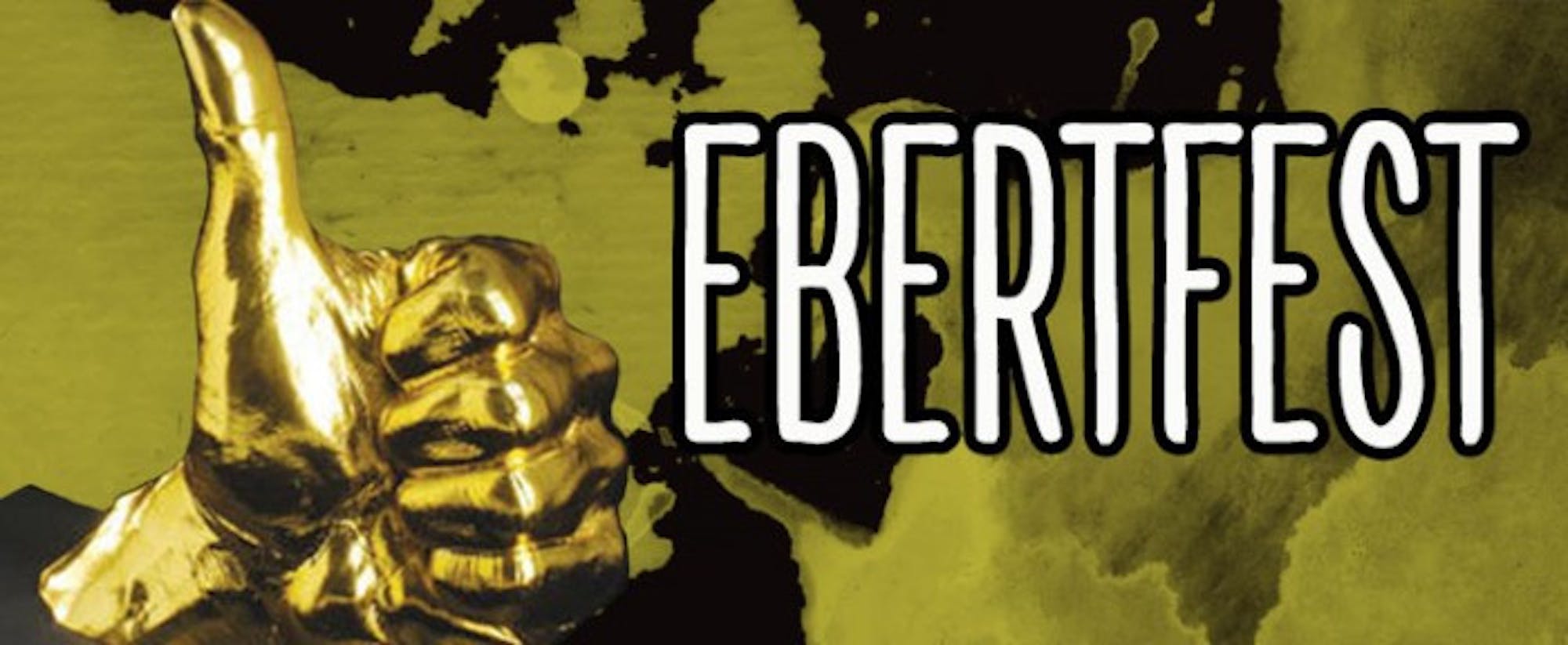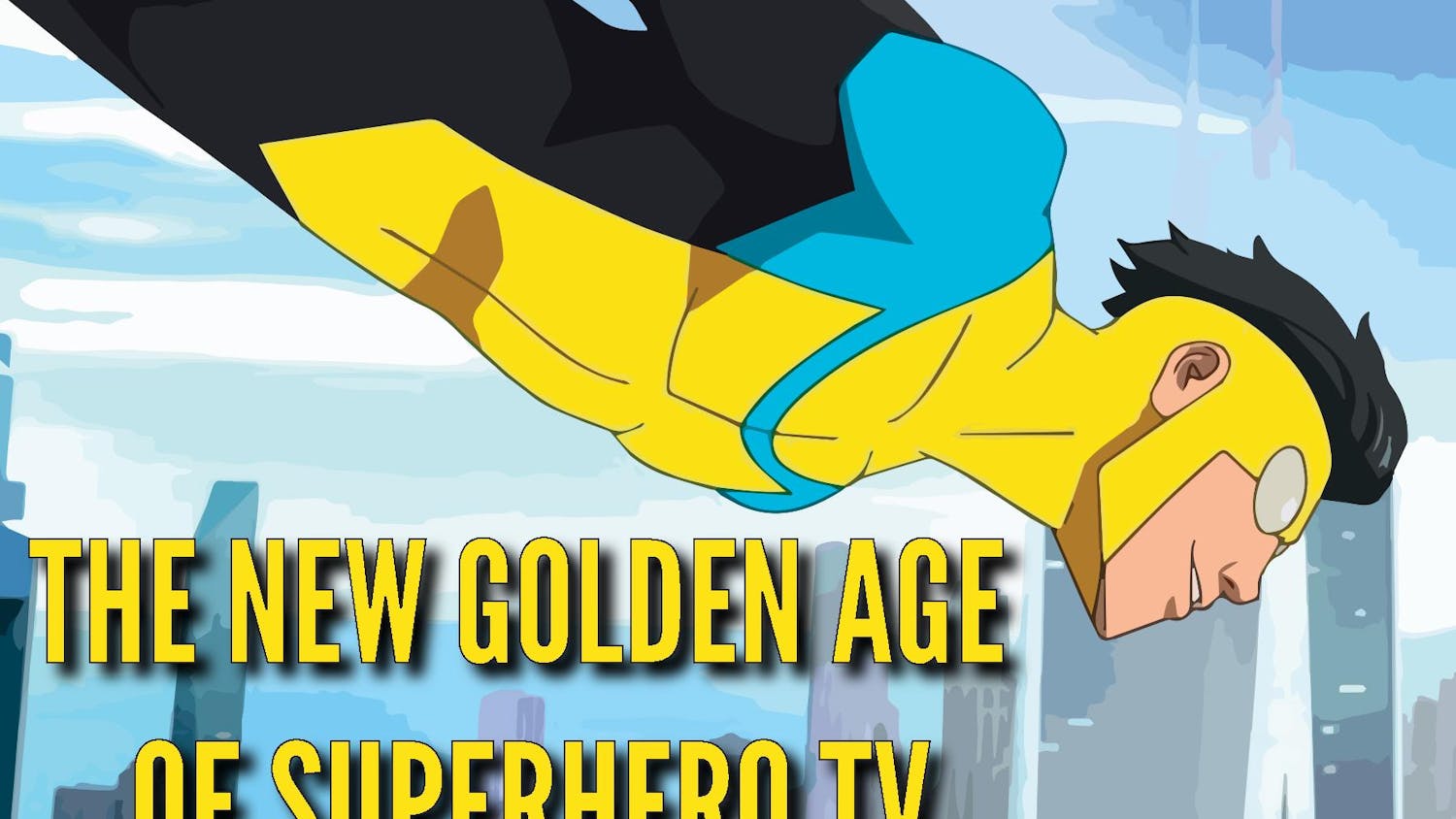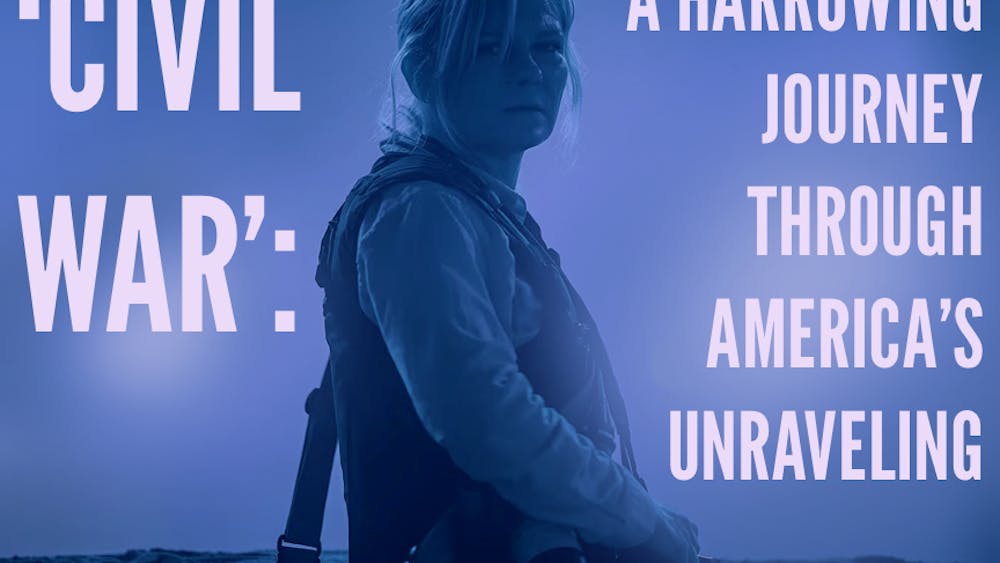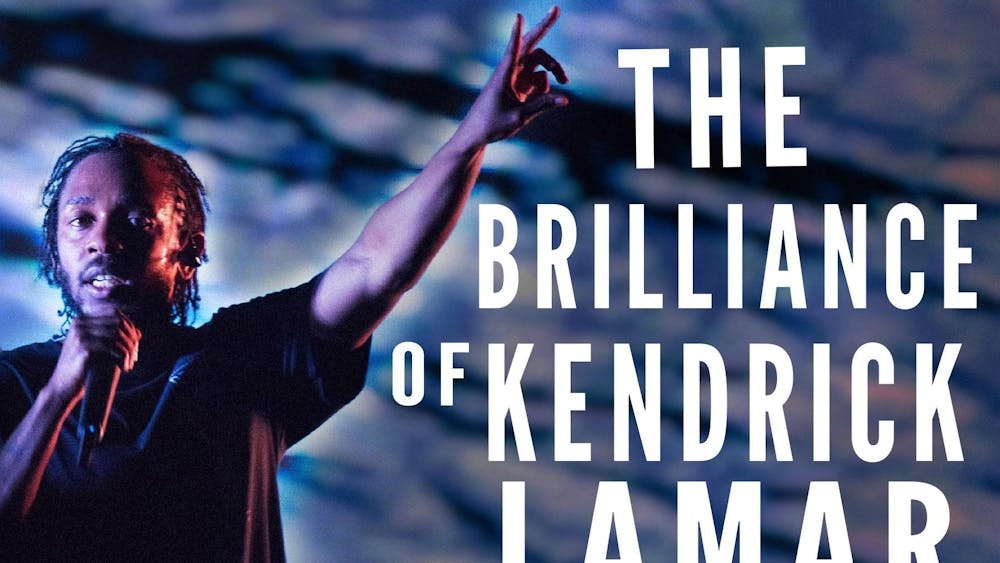
The Virginia Theatre in Champaign, Illinois, is indeed a space to behold. It seats 1500, boasts a pair of muscular Norelco 35mm projectors and smells — at least during Ebertfest — like a popcorn sweat lodge. I spent Saturday at the 18th Roger Ebert’s Film Festival, an annual five-day palooza where filmmakers and cinephiles gather for movies in the sunny Midwest.
People have written everything there is to write about Ebertfest, so all I’ll say is that watching a movie there is operatic. When the frames roll, you step inside the machine.
This immersion is important for empathy, a constant theme in the work of the festival’s founder, the beloved and deceased film critic Roger Ebert. The films we caught — 2014’s “Love & Mercy”and 1981’s “Blow Out” — brought huge audiences whose always-audible reactions heightened the experience. On either end of each film were introductions from festival leaders and panels with festival guests. Nancy Allen, an actress in the Brian De Palma-directed “Blow Out,” shared details about the film and her relationship with De Palma (the two were married, for a time). The whole festival is designed this way; filmmakers interact with critics interacting with the audience, all engaging the films at hand.
The festival is nothing short of a celebration; the buzz onsite is palpable, and good seats require careful planning. Getting to chat with other fest-goers, many of whom are returning customers, is a real treat. We —myself, Matt McMahon and Nick Laureano — were also lucky enough to run into some of the best and the brightest in our field. I took a photo with Leonard Maltin, a bona fide film encyclopedia and national treasure.
One can’t help but feel a sense of sanctity here. There is a deep reverence for the festival’s founder, and a constant reverberation of his message. In a video preceding one of the movies, a younger Ebert quotes Pauline Kael. The quote is about Kael looking at herself after a movie and trying to see whether anything has changed. For me — and for many in the Virginia Theatre, I suspect — we wonder the same thing about Ebert. We see him, we hear him, we read him, we look at ourselves and we see that we have changed.
...
Leonard Maltin’s 2001 “Movie Guide” sits in two pieces on the coffee table in my family room. The pages have been turned and turned and turned. Mr. Maltin’s friendly visage beams keenly from the bent burnt-yellow cover.
My first reason for reading reviews was to seek validation for my own experience of the movies. I wanted Maltin to like “Raiders”and “Empire” as much as I did, so when I flipped the pages muttering the alphabet under my breath, it was with slight nausea. I wondered whether my own instincts, feelings and experiences could find the validity like Maltin’s, the man of 20,000 entries.
I’d been taught, by my movie-loving parents, to seek out quality. Orson Welles? Good. Grace Kelly? Great. “The Searchers”? Required viewing. I remember watching Audrey Hepburn in “Wait Until Dark” with my parents. That is a truly terrifying example of what a movie can do. Movies can have “goodness,” maybe, but they can also exert force.
Eventually I’d form my own canon, assimilating the movies of my parents and their parents’ but adding a few of my own: “Castle in the Sky,” “The Truman Show,” “Do the Right Thing.” These became my movies, movies I could talk about, movies I’d watch excitedly and put aside and come back to in six months, filled with wonder and questions anew. Roger Ebert’s name might be on the DVDs, with some all-too-succinct quote from the Chicago Sun-Times pasted on the cover.
I had only been reading Roger’s writing for a few years when he passed away, so coming to his reviews — especially in the digital age — was a bit like getting to know some spry old man. He was steeped in movies and experience, and I wanted to know his opinion about everything. See a movie and then read Roger’s take on it. What’s his angle? Does he write about the acting? The story? Cinematography? We bonded over an affection for Miyazaki, argued over Lynch and I learned much from him about the human beings behind films like “Goodfellas” and “Grizzly Man.”
For a while, Roger’s reviews were my training wheels. The beauty of Roger’s film education is its provision for gradual weaning. Eventually, his words taught me it would be better to focus not on what is effective in the movie, but what’s affective to me. I found that if I wanted to truly express my love for the movies, it wouldn’t happen by emulating Roger’s experience of a movie. I would have to have my own.
So what I picked up from Roger — what everyone picks up from Roger — was that writing about film was not a way of validating my own experience in the theater, but learning to have one. It was learning the importance of bringing my own self, story and humanity to each viewing.
Watching movies to Roger was anything but passive. He called movies “empathy machines,” designed to lift us out of our stagnant existence. He encouraged people to “read” movies, to marinate in them and reflect on them, to treat them like they might treat great works of literature or music. At the most fundamental, I believe this is the job of the moviegoer and the critic: to do something to the movie, but first to let it do something to you.
For me and for many, Roger was and is an evangelist. He spread, with humility and love, the gospel of cinema to the world.













